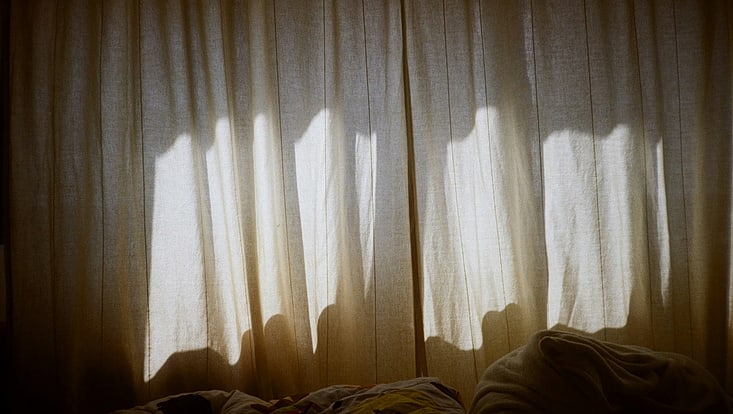Veranstaltungen
Ringvorlesung im Wintersemester 2025/26
Gender und Sexualität in Osteuropa, Ostmitteleuropa und im Kaukasus
Ab dem 5. November 2025 mittwochs, 16:15 - 17:45 Uhr, Hauptgebäude, Edmund-Siemers-Allee 1, Flügel Ost, Raum 221

Aishah Rahman auf Unsplash
Videoproduktion: DL-Büro der Fakultät für Geisteswissenschaften (uhh.de/gw-dl-buero). Videoaufzeichnung unter Lecture2Go.
05.11.2025
Gender und Queerness im Sozialismus: Mythen, Utopien, Schweigen
Dr. Tatiana Klepikova, Institut für Slavistik, Forschungsgruppe: „Licht an! Queere Literaturen und Kulturen im Sozialismus“, Universität Regensburg
12.11.2025
In erster Linie Estinnen? Geschlecht als Kategorie der Selbstbeschreibung estnischer politischer Aktivistinnen nach der Februarrevolution von 1917
Dr. David Feest, Nordost-Institut (IKGN e.V.)
19.11.2025 — Englisch
Transitions: Examining Changing Regimes of Sexuality in Post-Soviet Muslim Republics
Prof. Dr. Timothy Nunan, Professor für Transregionale Wissenskulturen, Universität Regensburg
26.11.2025
Sexualisierte Gewalt in bewaffneten Konflikten und im russischen Angriffskrieg auf die Ukraine
Patricia Konrad, Dipl.-Pol., Institut für Politikwissenschaften, Universität Hamburg
03.12.2025
Gender und Inklusion in der polnischen Sprache
Jun.-Prof. Dr. Edyta Jurkiewicz-Rohrbacher, Institut für Slavistik: Polonistik, Universität Hamburg
10.12.2025
Indigene Perspektiven auf Gender im Kontext patriotischer Diskurse in Russland
Prof. Dr. Joachim Otto Habeck, Institut für Ethnologie, Universität Hamburg
17.12.2025
Weibliche Formen des Protests in Osteuropa in historischer Perspektive
Prof. Dr. Monica Rüthers, Europäische Geschichte mit Schwerpunkt Osteuropa, Universität Hamburg
14.01.2026
Roundtable: Soziale Arbeit im Kontext der prekären Sexarbeit in Hamburg
Tim Köslich, Sozialarbeiter beim Basis-Projekt (Anlauf- und Beratungsstelle für männliche* Sexarbeitende) / Piotr Mondroch, Osteuropa-Studierender, Universität Hamburg
28.01.2026
Abschlussdiskussion: Live-Podcast mit den Studierenden
Koordination: Prof. Dr. Anja Tippner, Institut für Slavistik / Dr. Marina Gerber, beide Osteuropastudien / Prof. Dr. Monica Rüthers, Fachbereich Geschichte/ Prof. Dr. Joachim Otto Habeck, Institut für Ethnologie, alle Universität Hamburg
— In Zusammenarbeit mit dem Nordost-Institut (IKGN e.V.)
